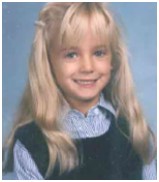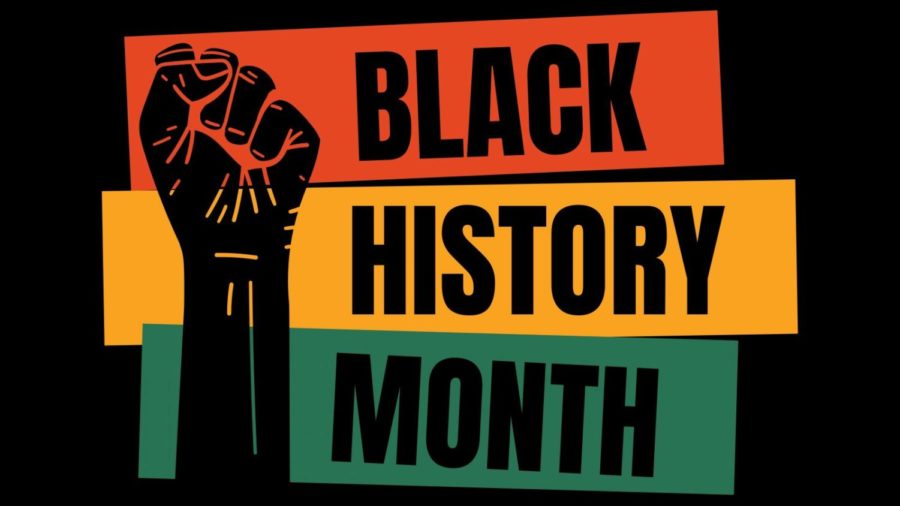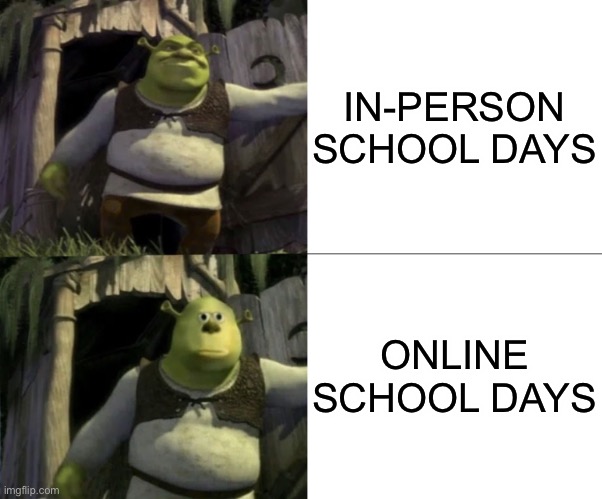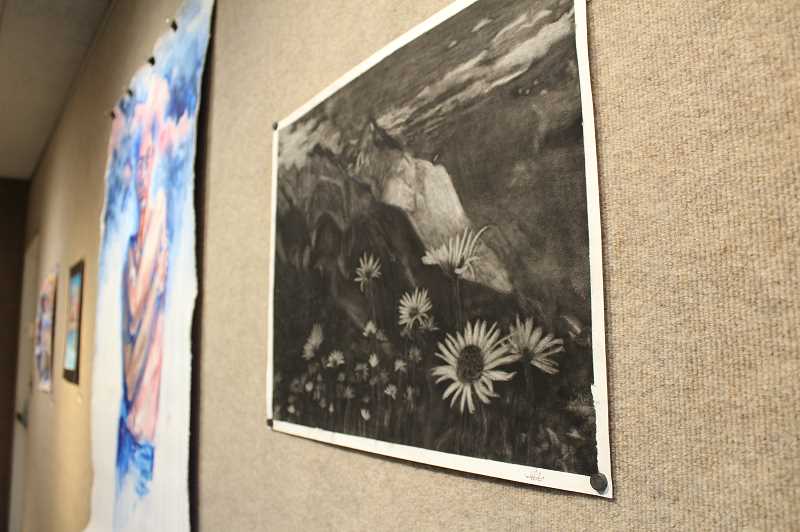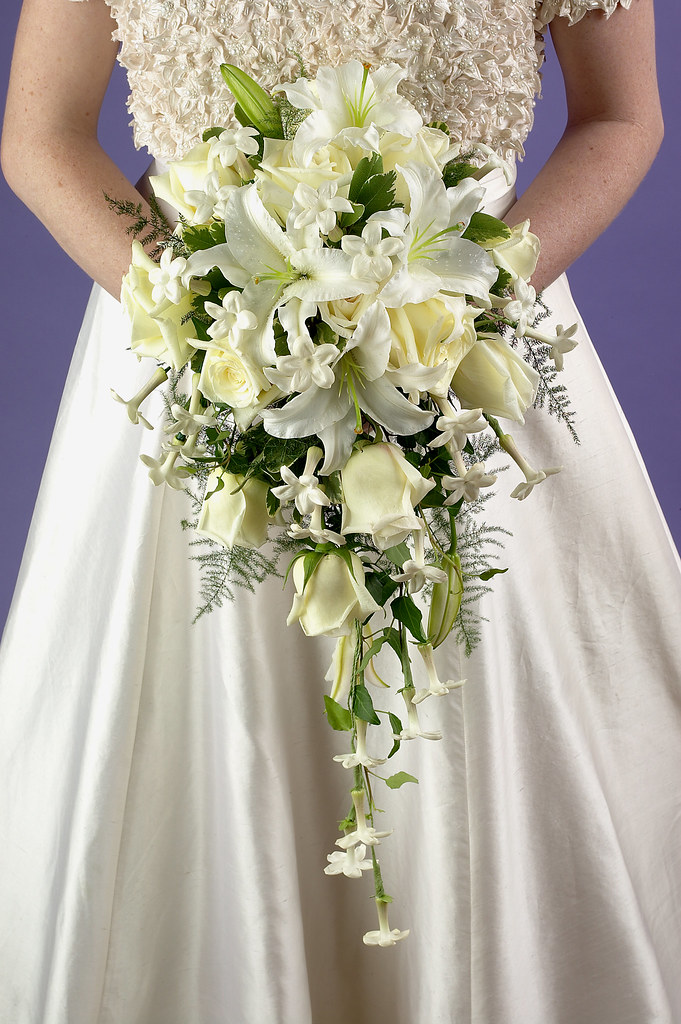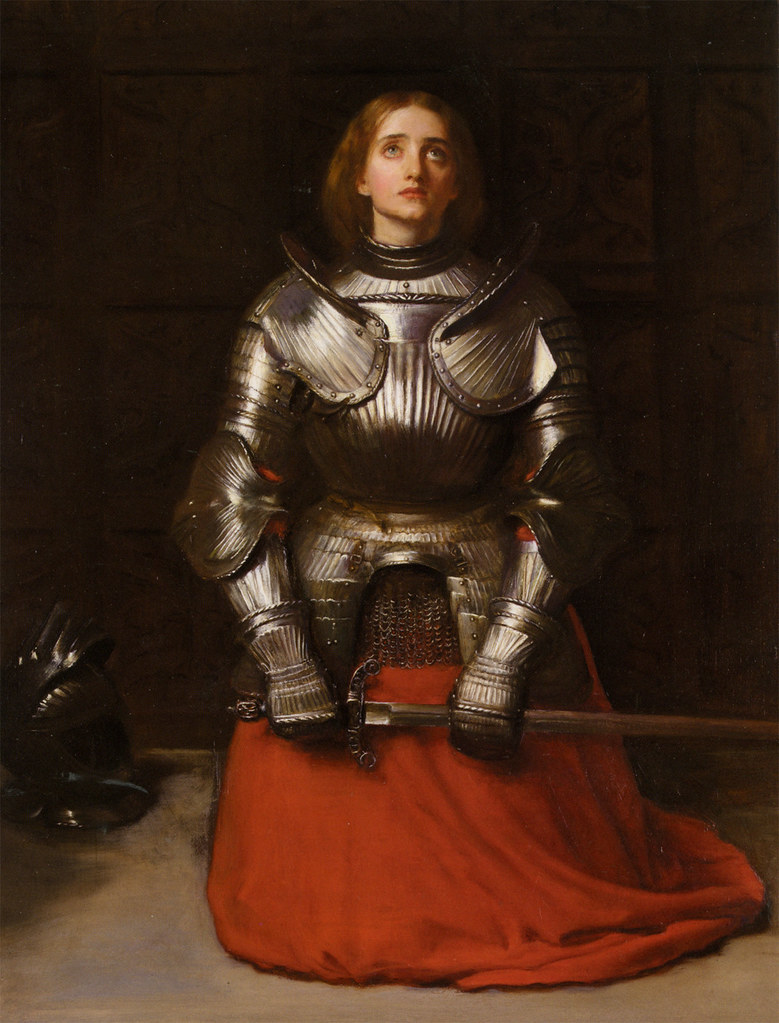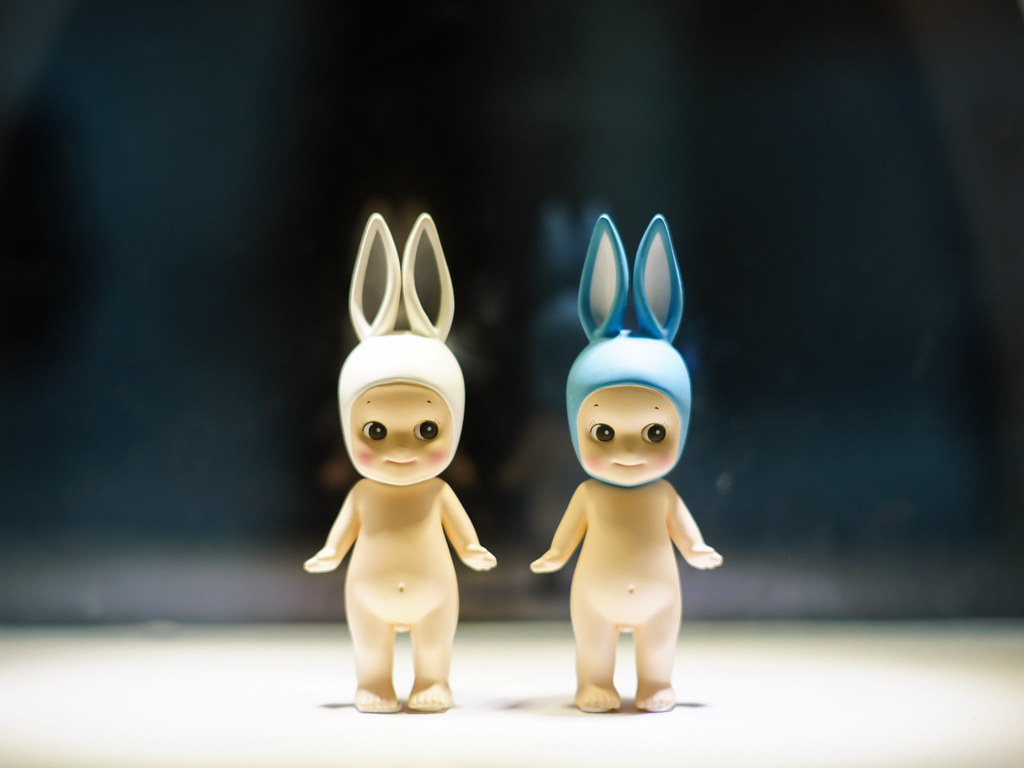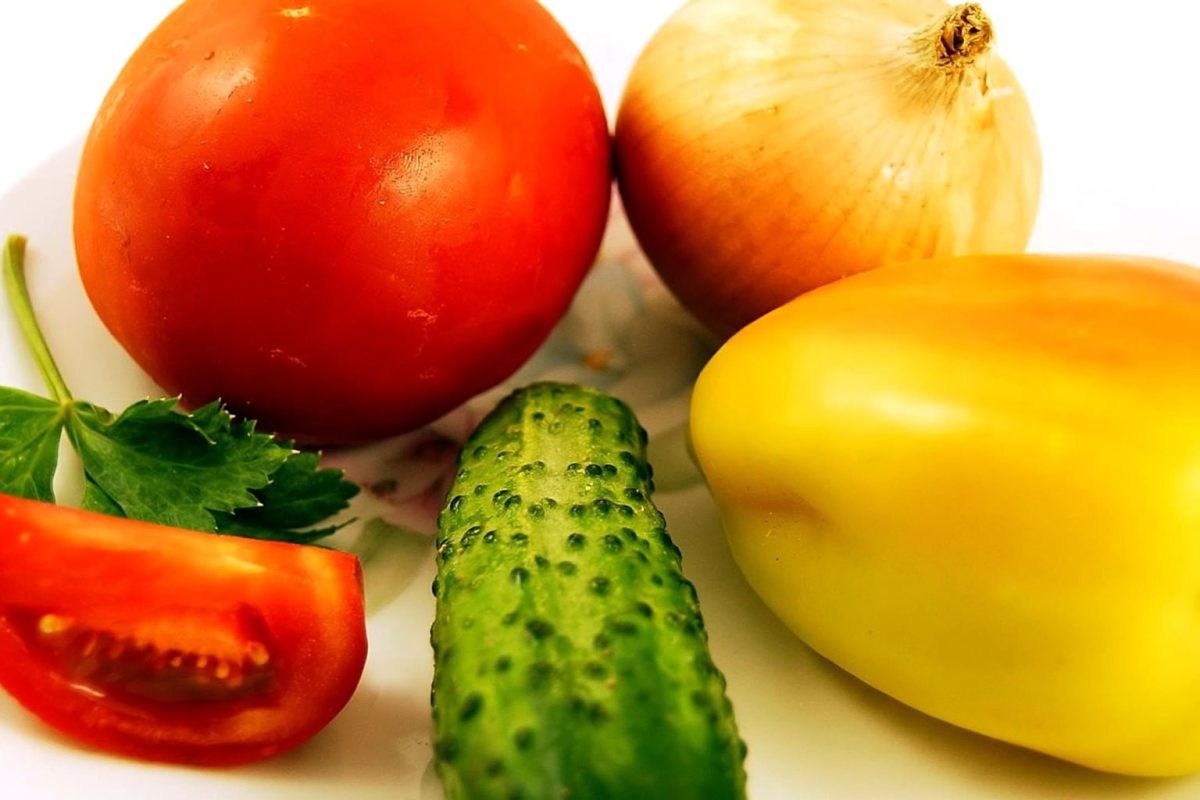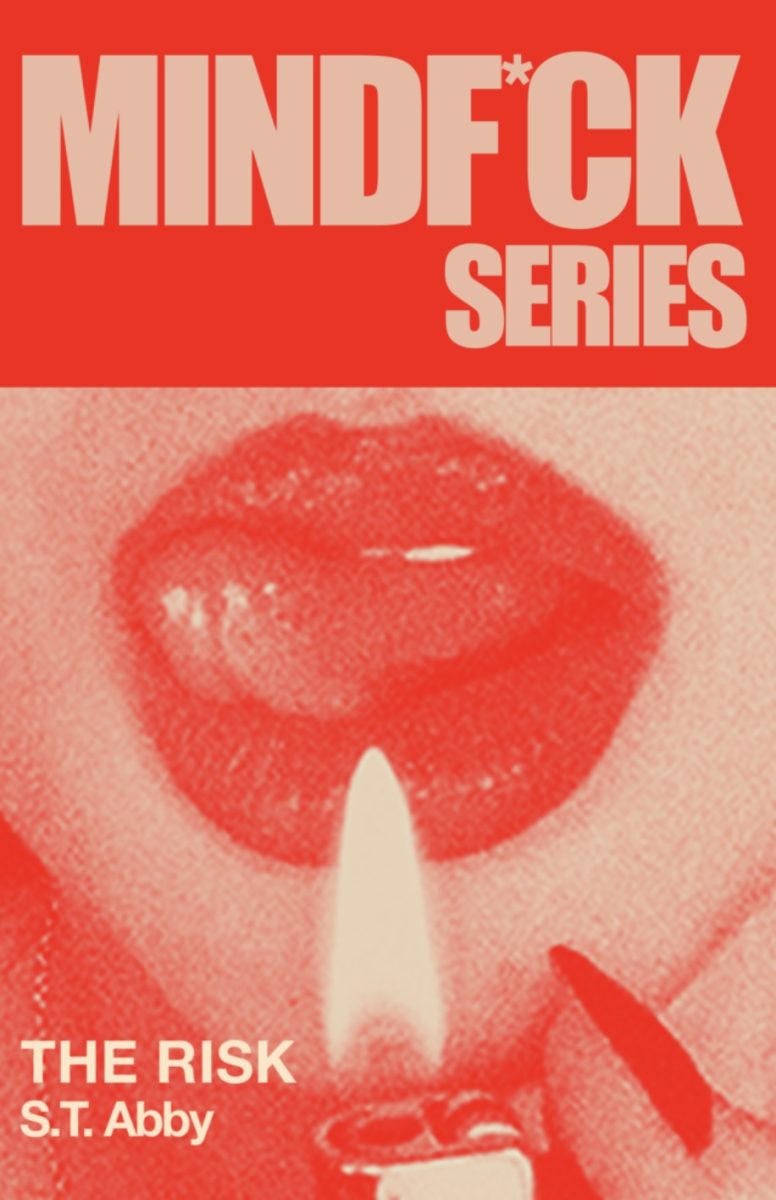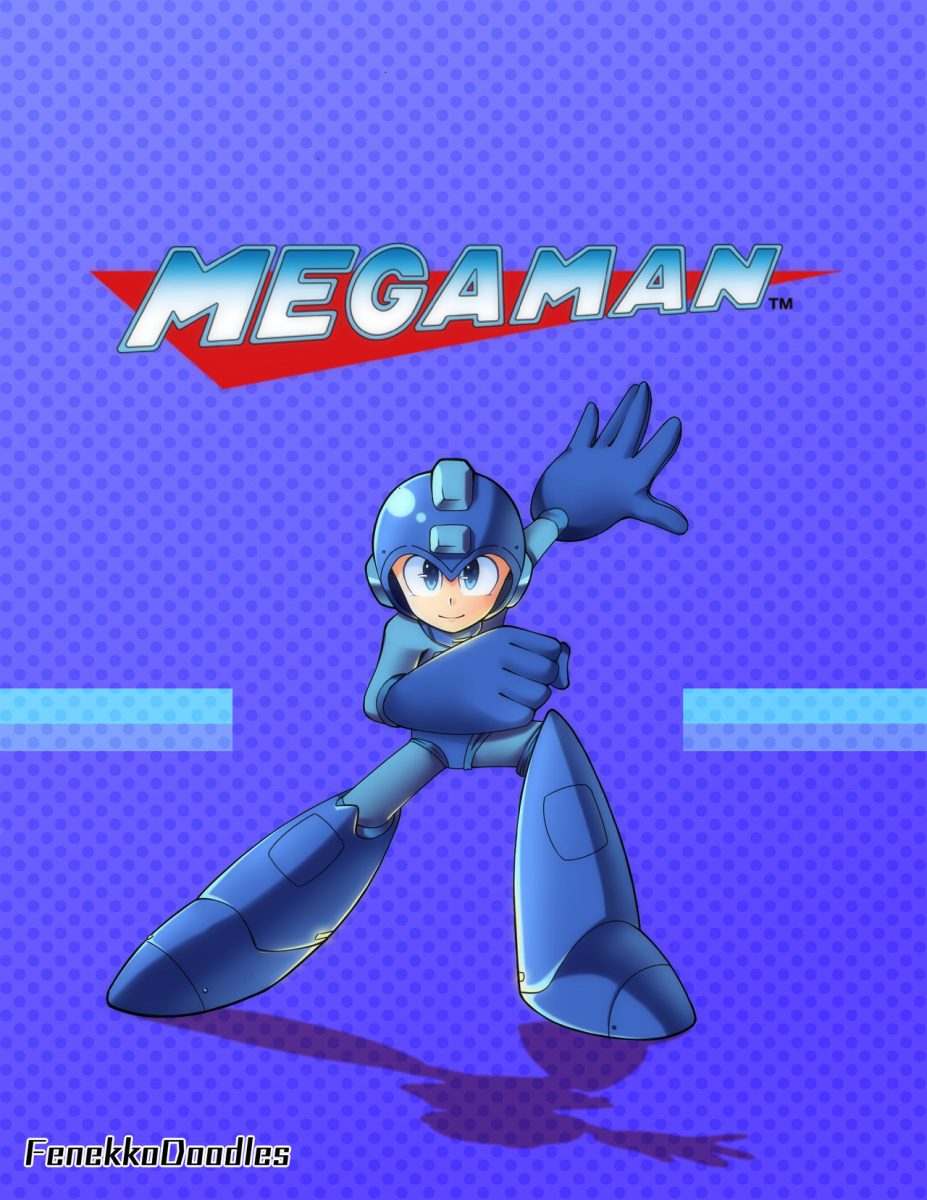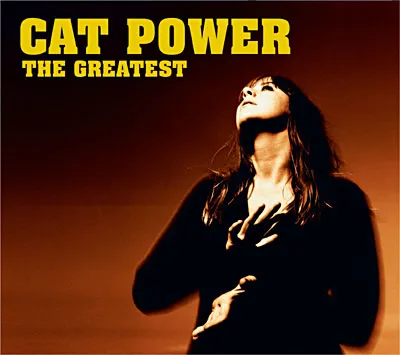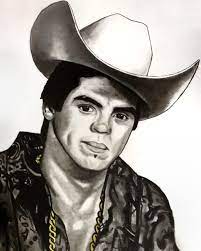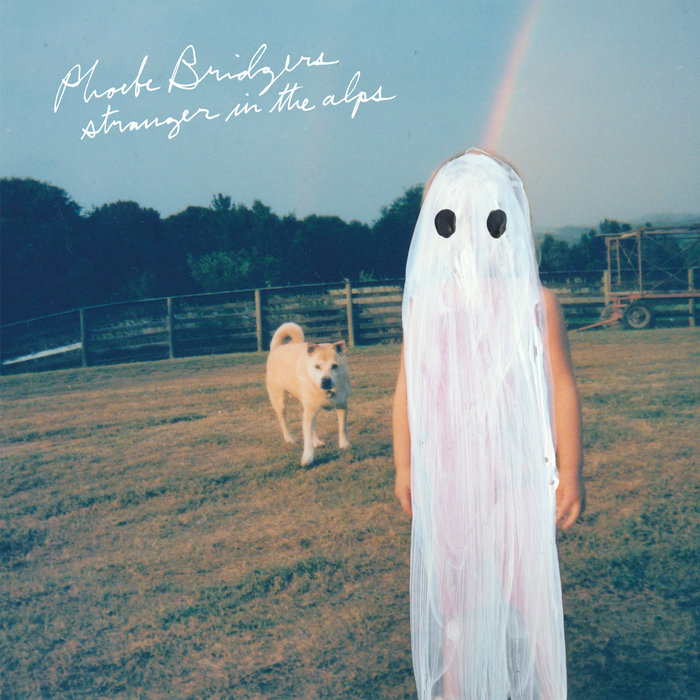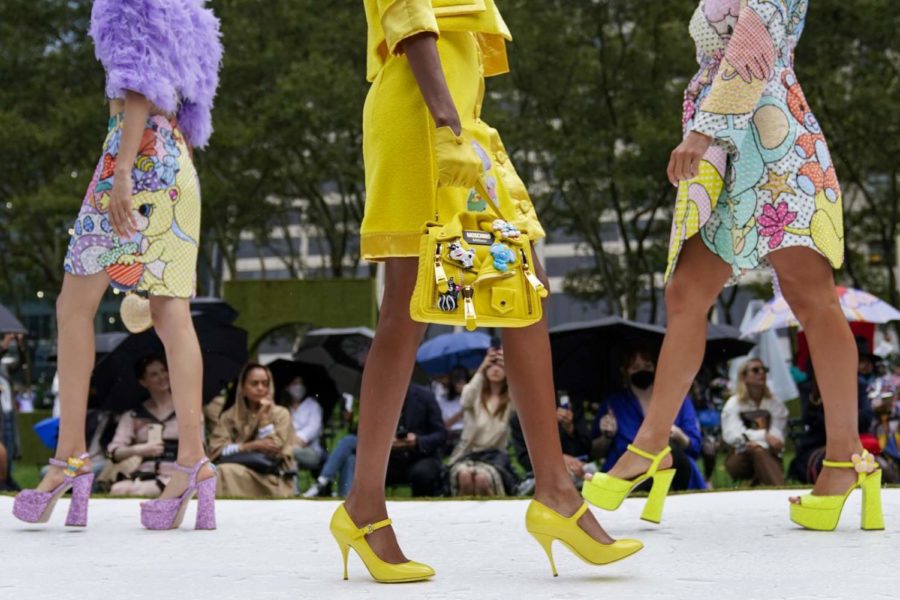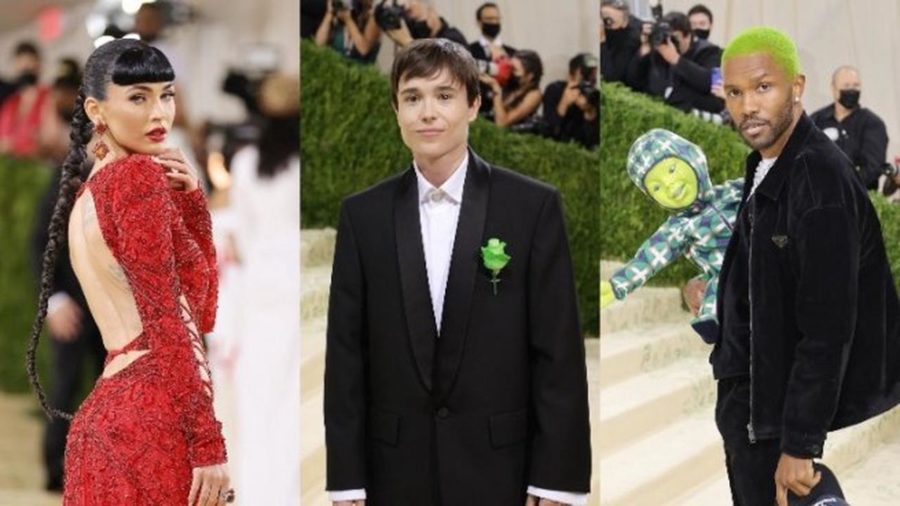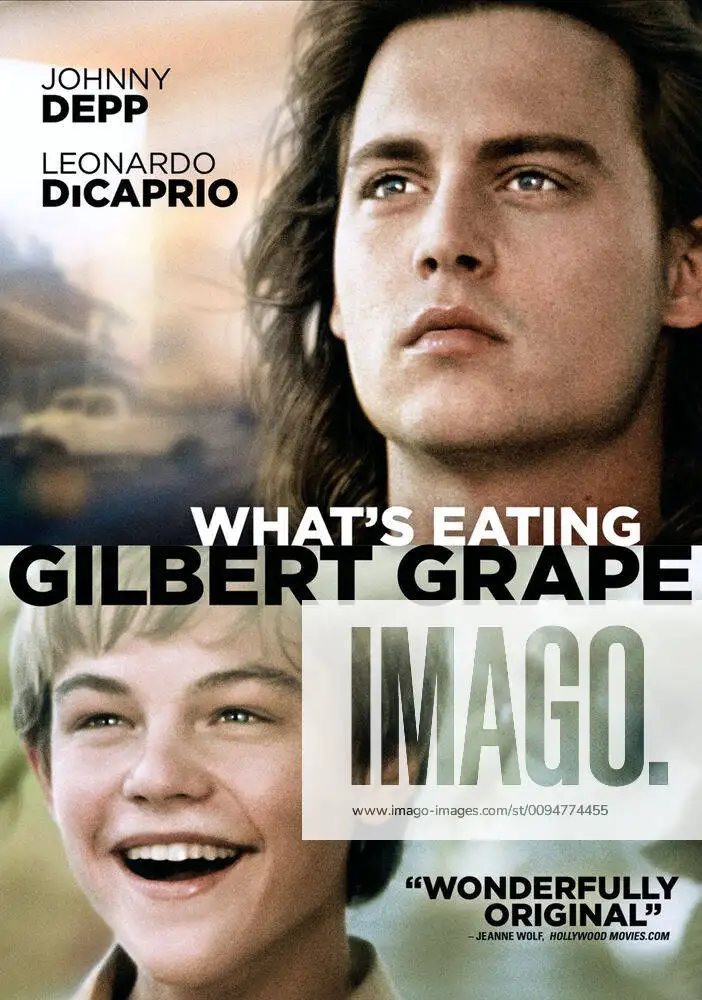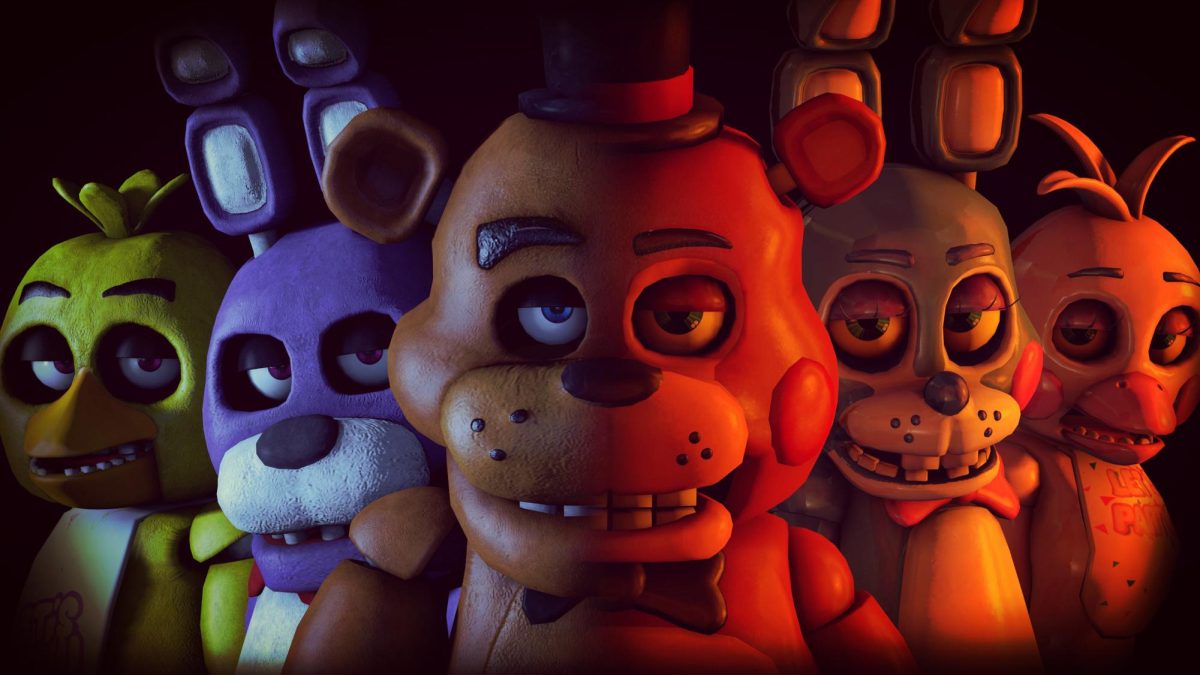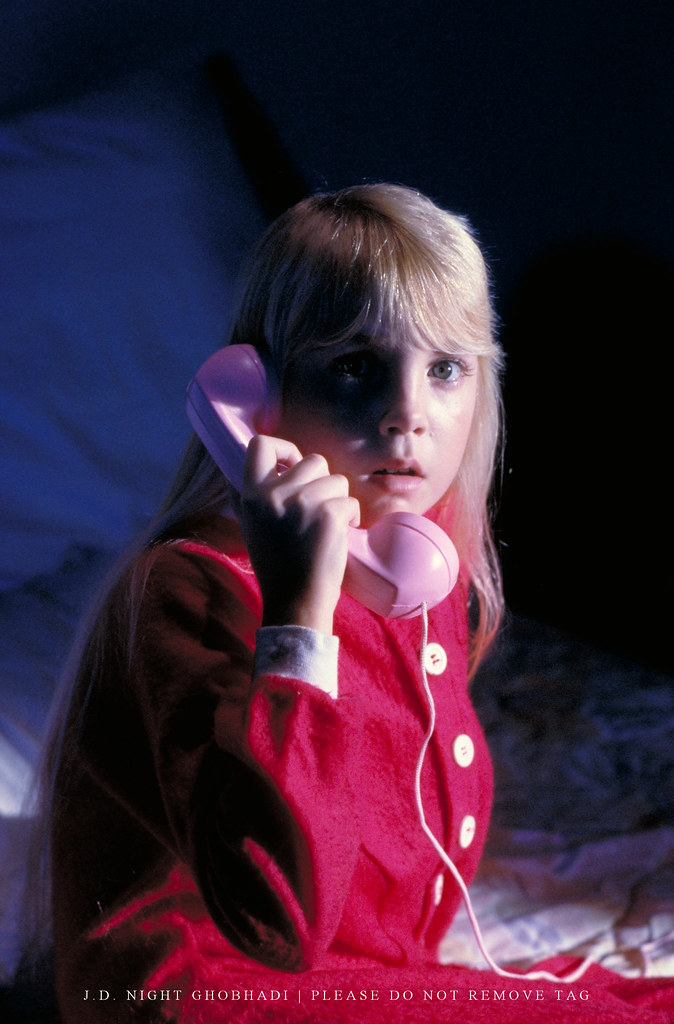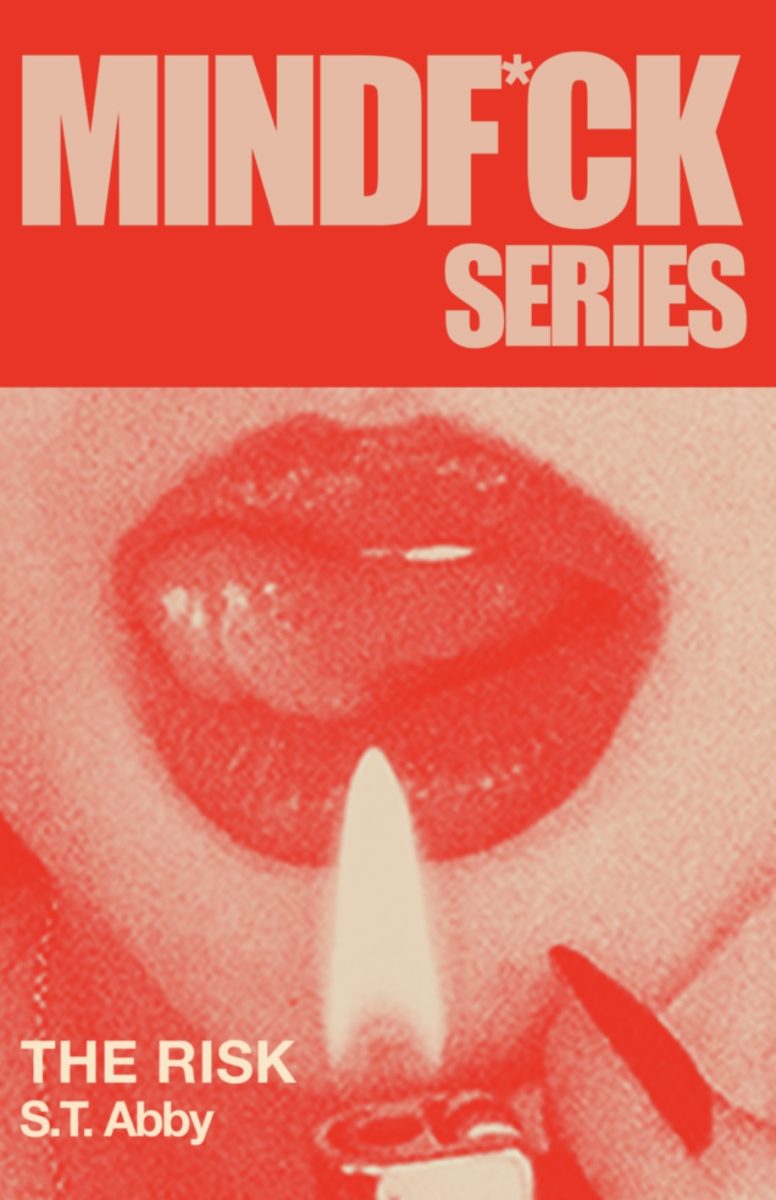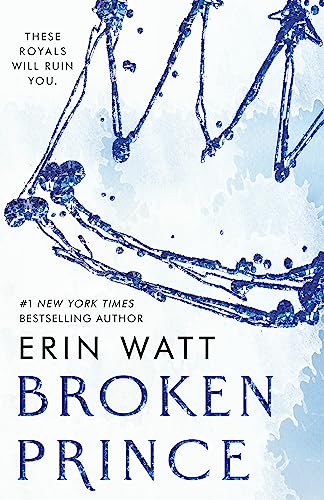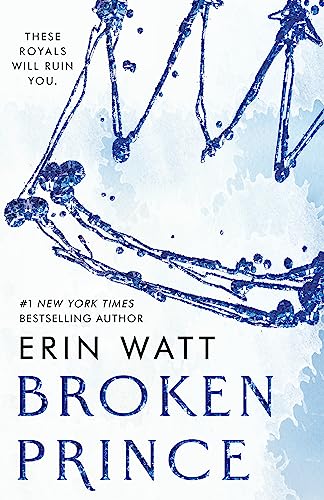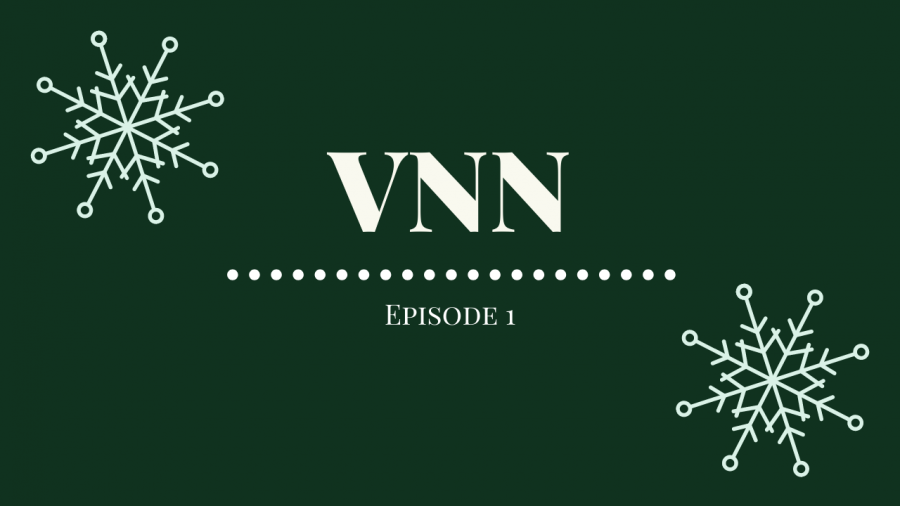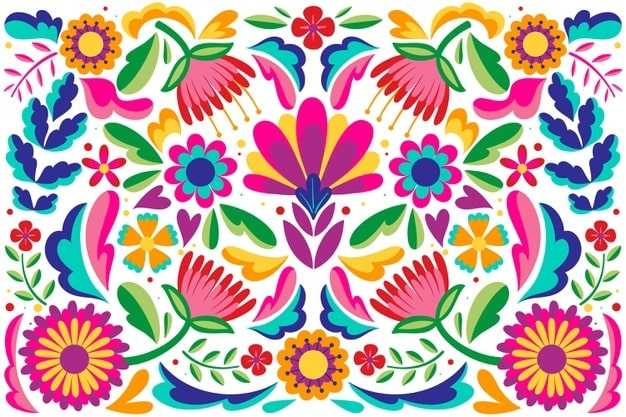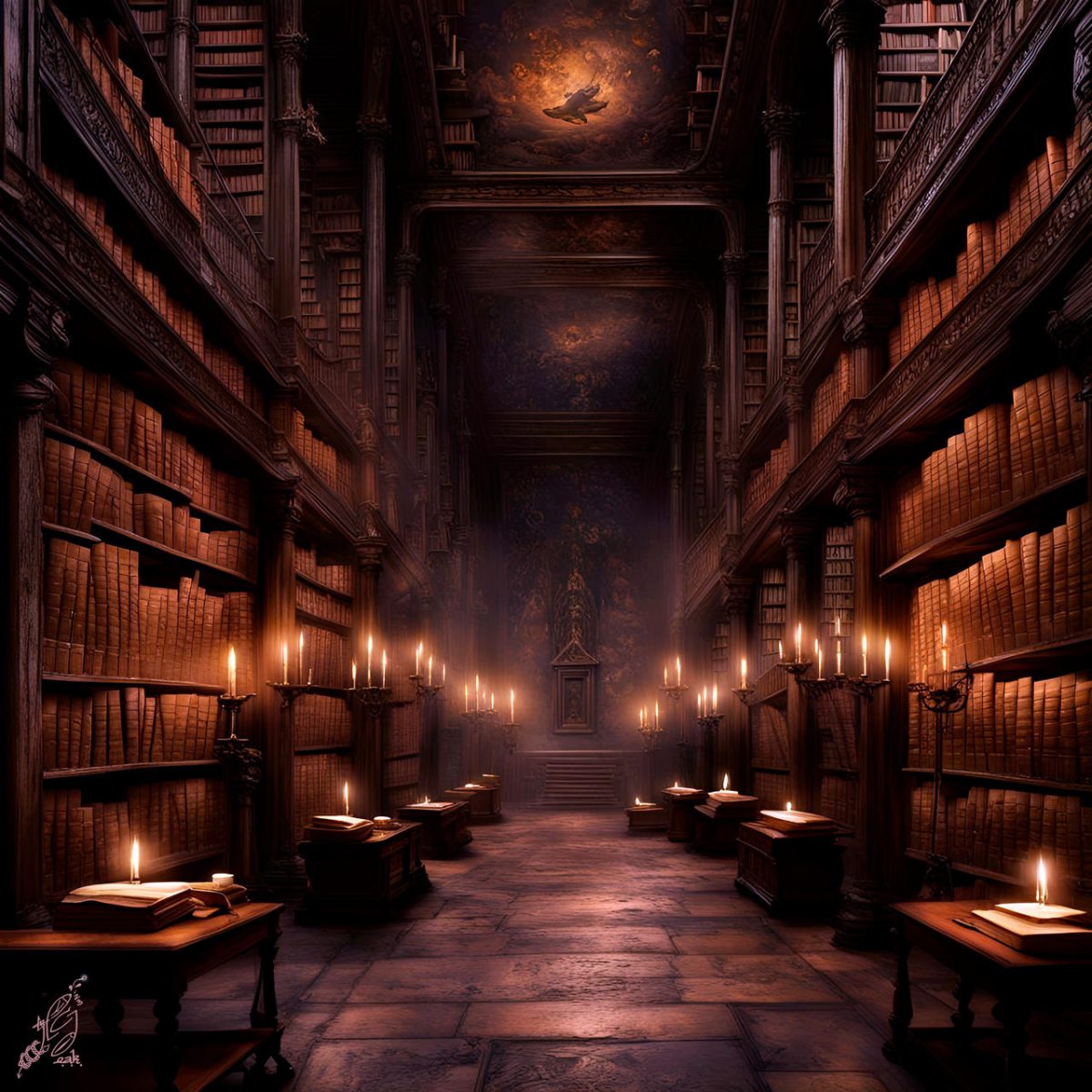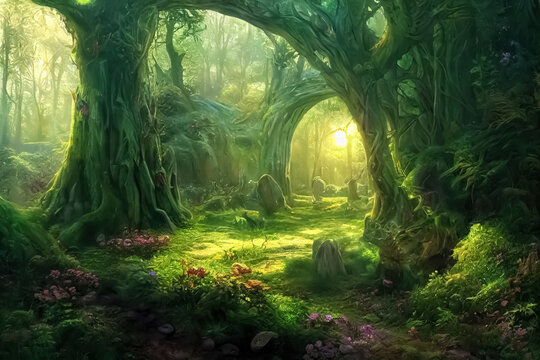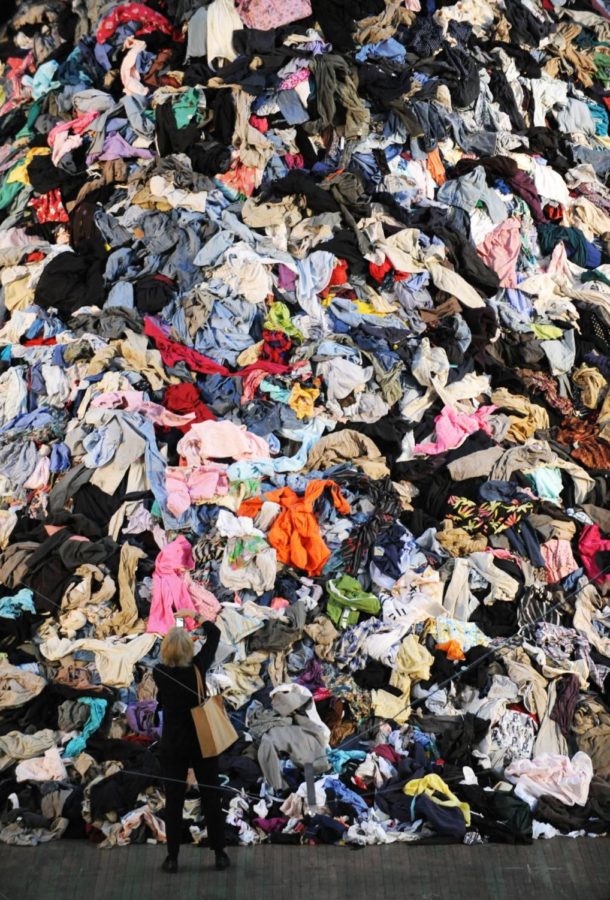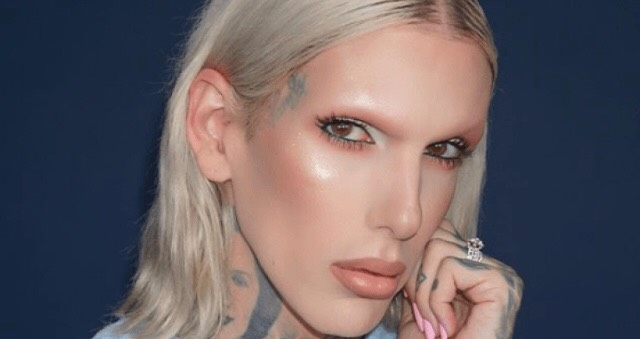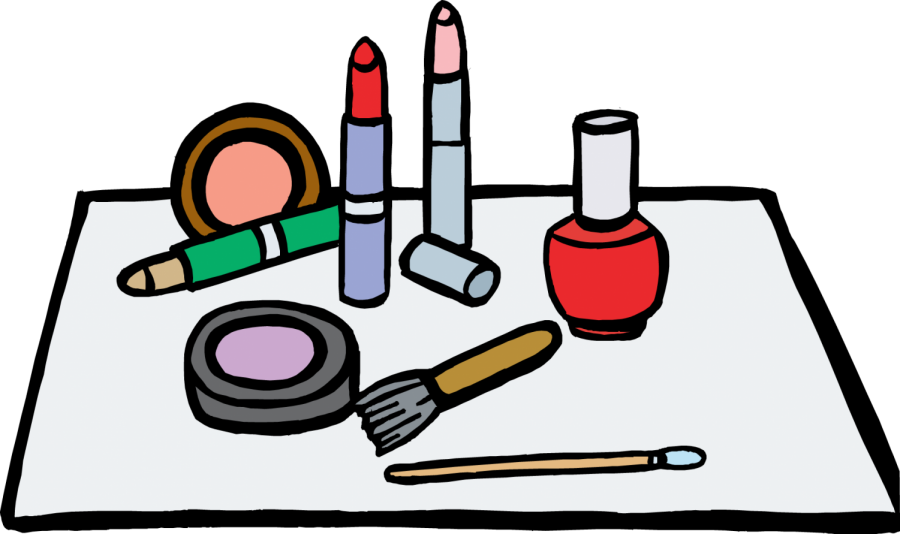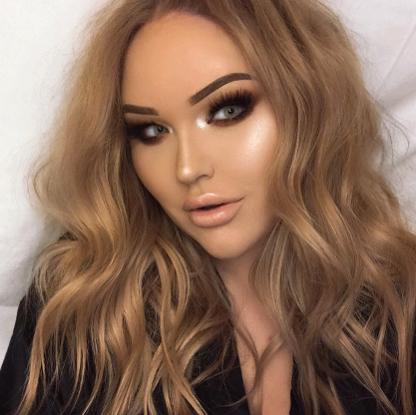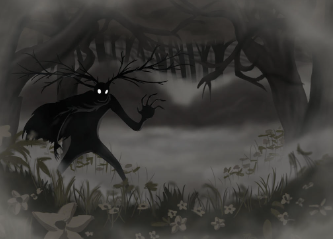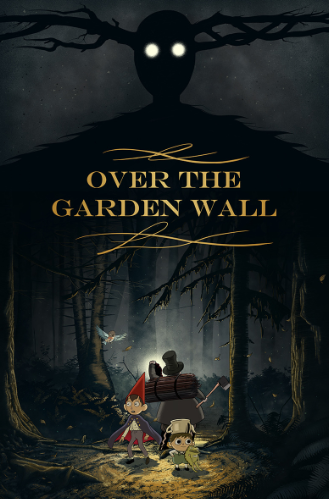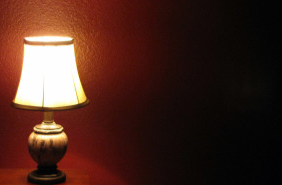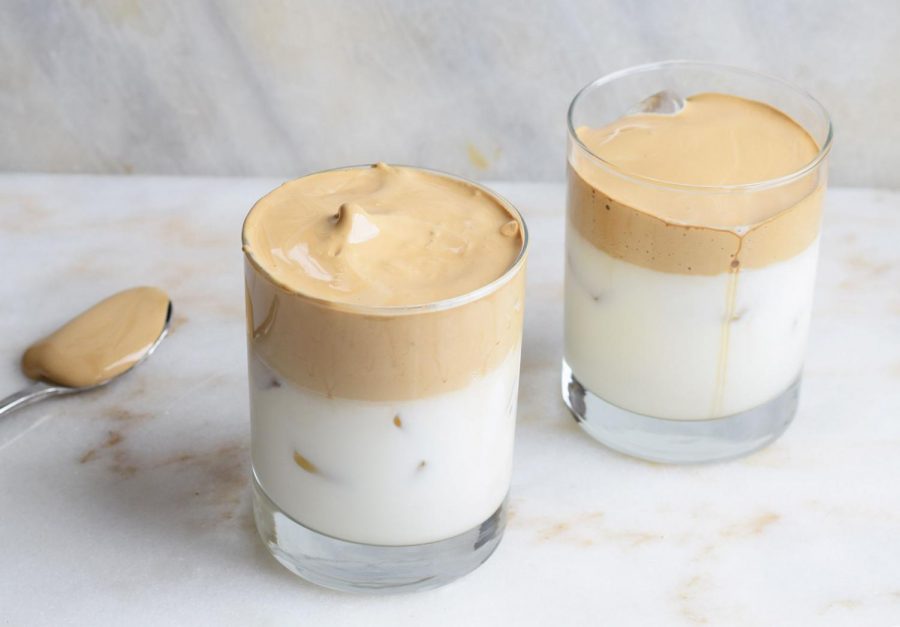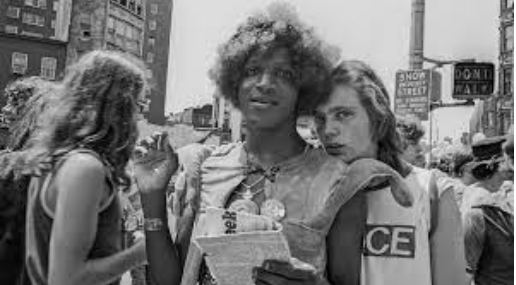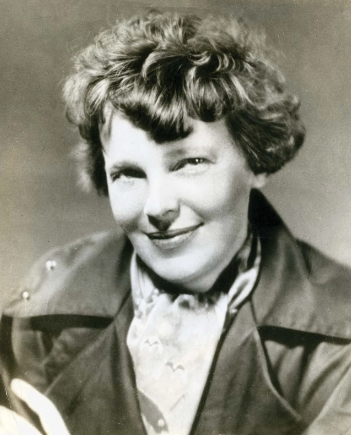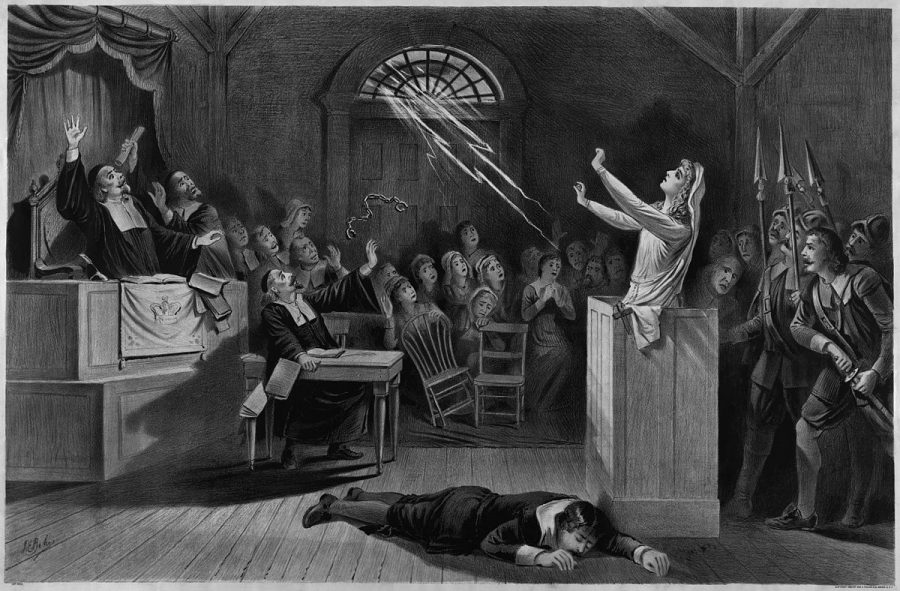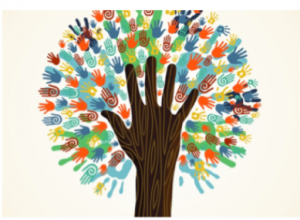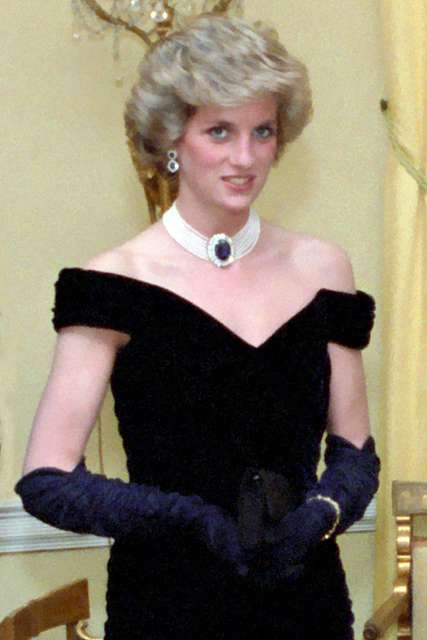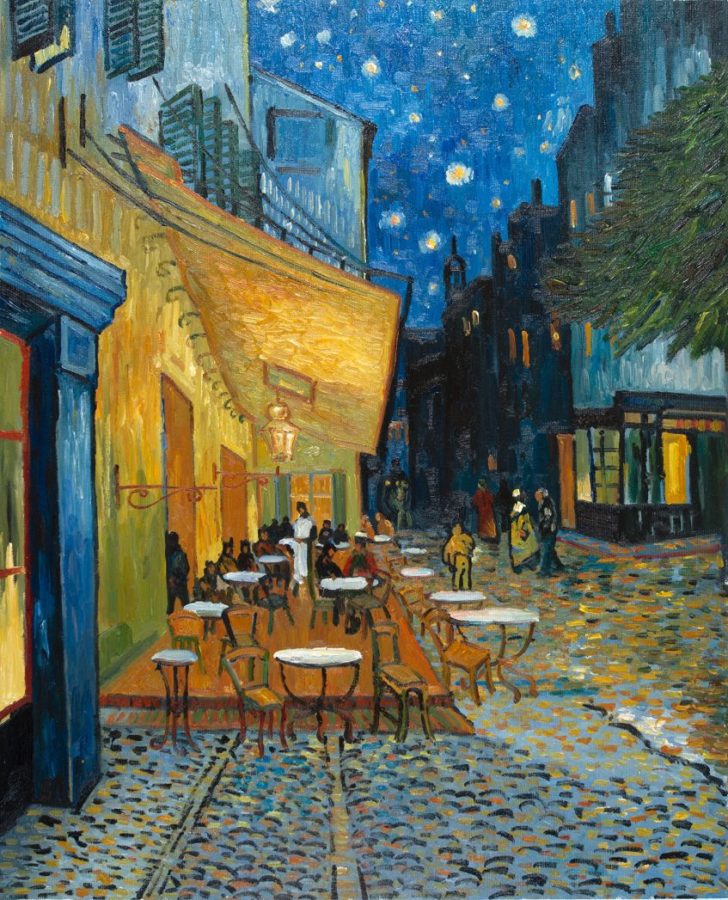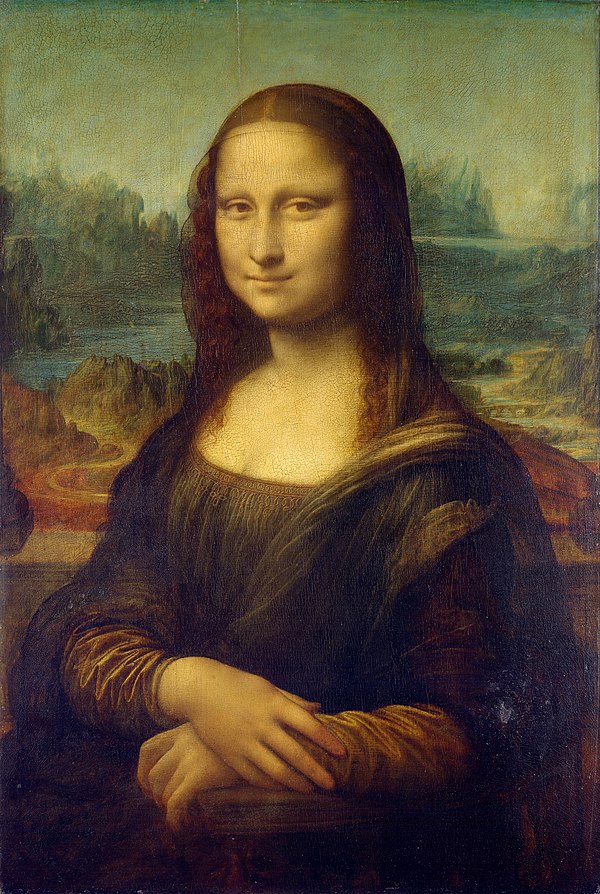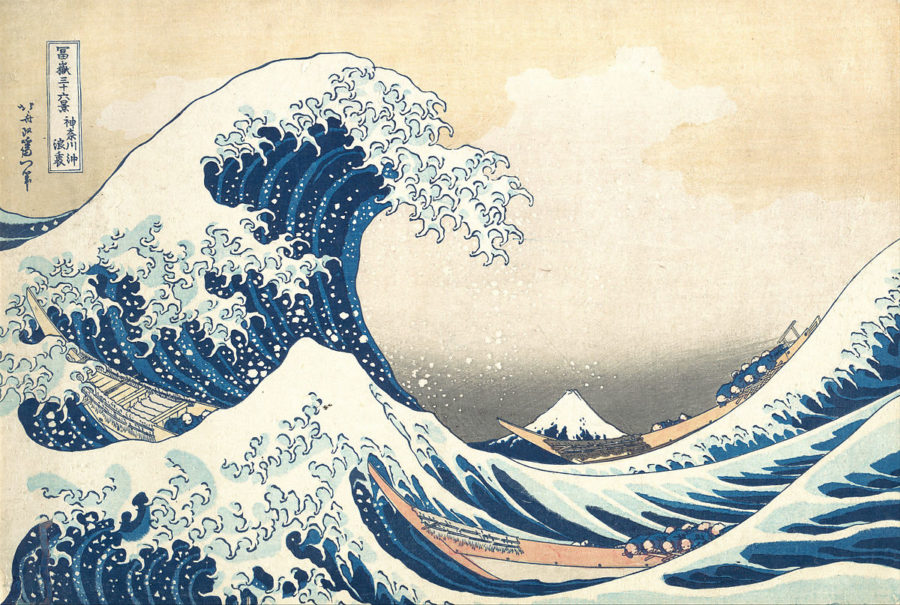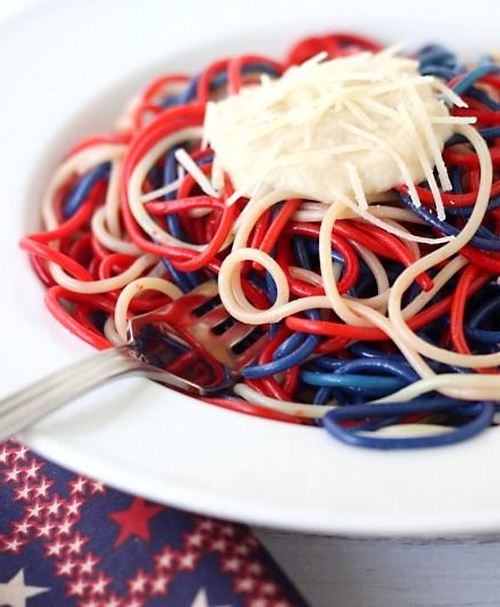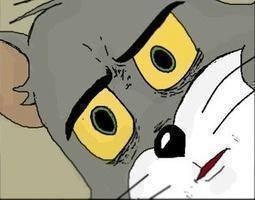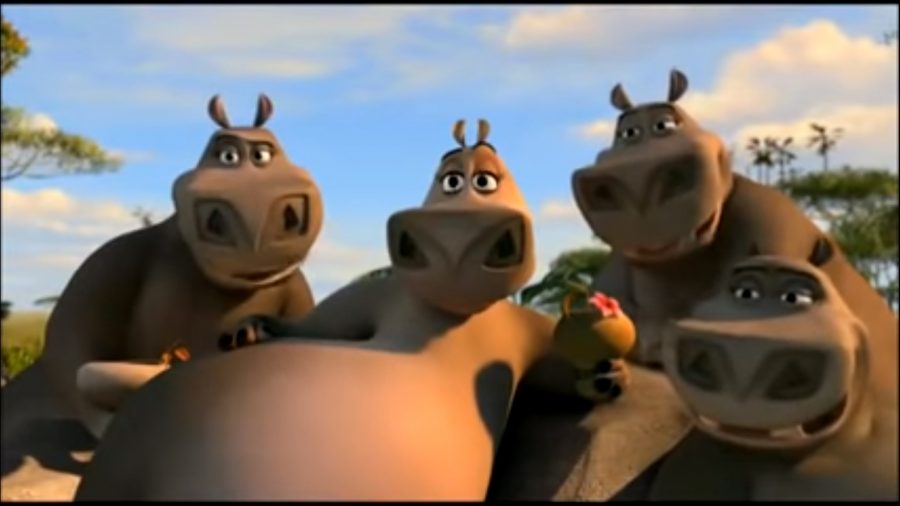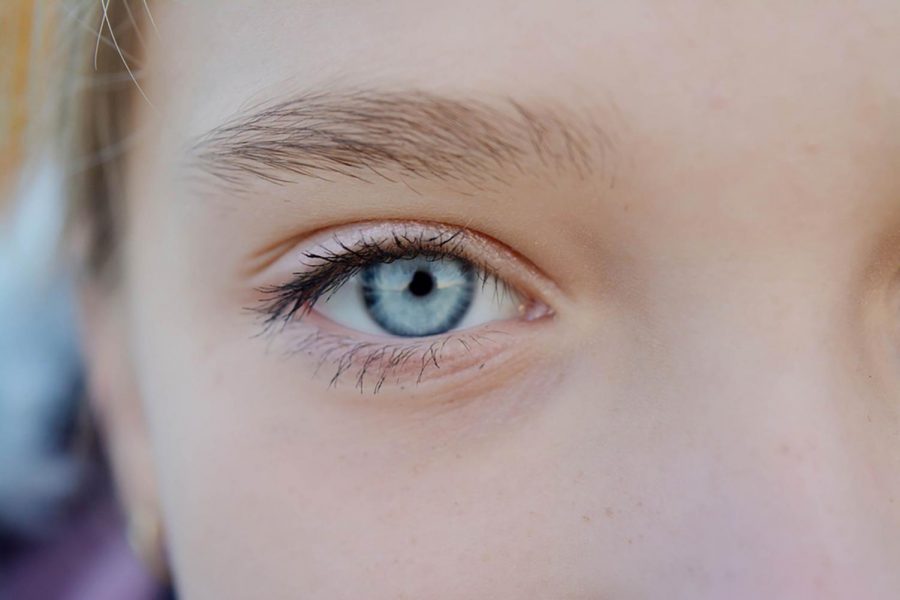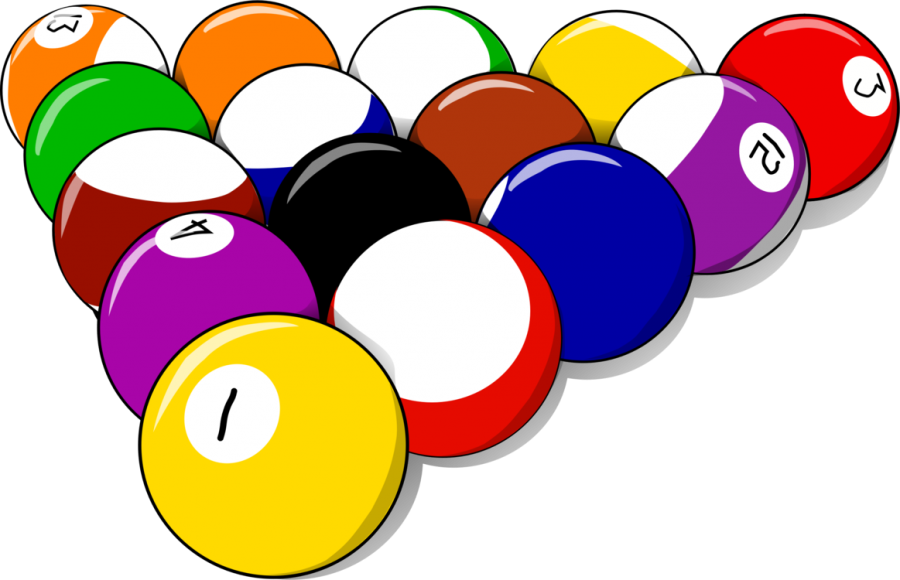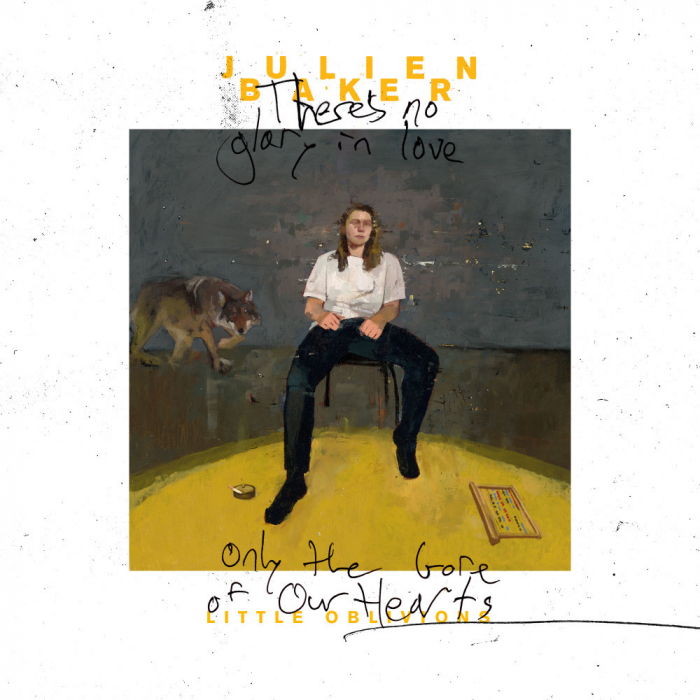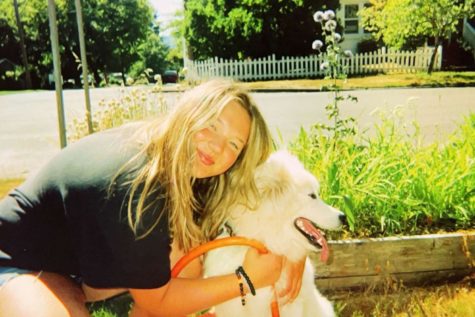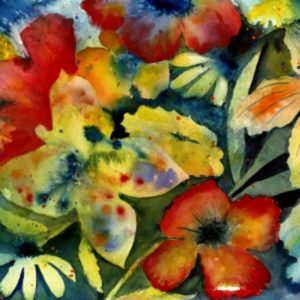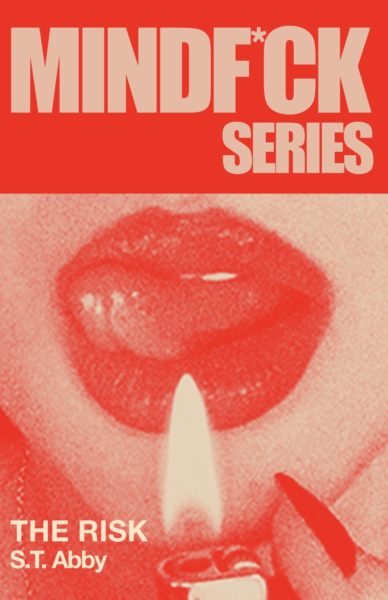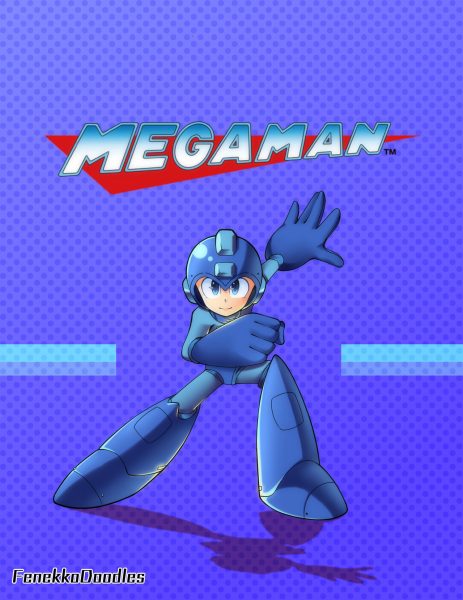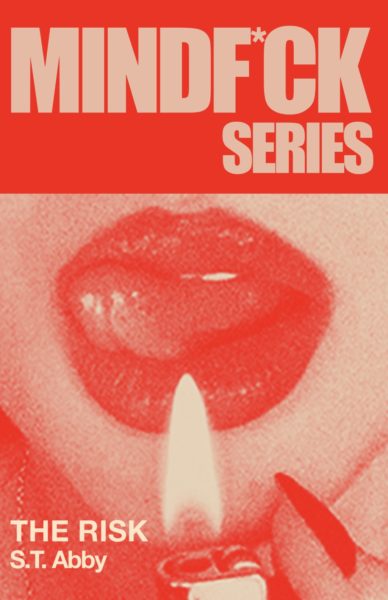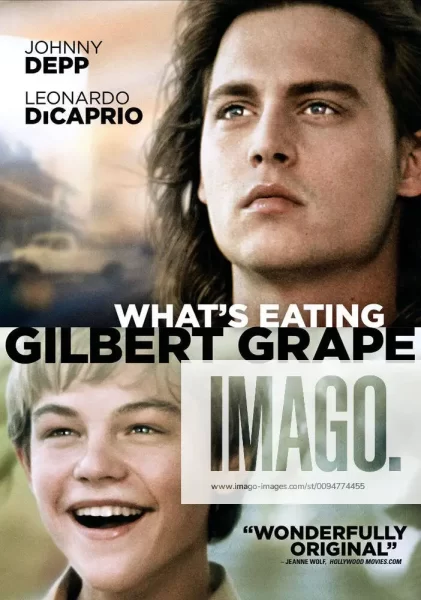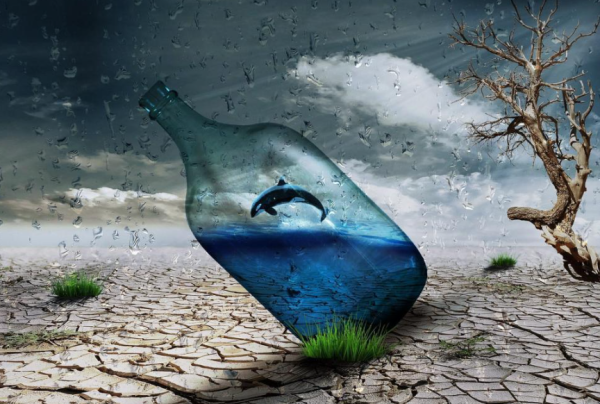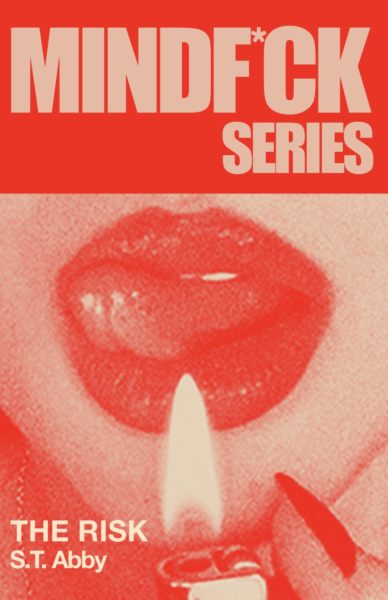A Look Into Little Oblivions by Julien Baker
February 1, 2022
Little Oblivions is Julien Bakers’ third studio album, filled with intense emotions and themes one of which is addiction, something Julien has struggled with throughout her life. Addiction is also a prominent theme in her two albums before Little Oblivions. Julien is a musician who grew up in Tennessee, found a way of making depressing lyrics and feelings into beautiful art that has the power to make those who relate feel less lonesome. In all of her albums, it is obvious that she has struggled with self-worth problems, depression, religion, and addiction. Little Oblivions takes her storytelling abilities to another level. Julien grew up in the south, gay, and struggled with teenage addiction and she found a way to write moving songs about these experiences. Julien Baker is a dear friend to both Lucy Dacus and Phoebe Bridgers, the three of them wrote a heart-wrenching album together, Boygenius. Their collaboration is what made Julien Baker more popular amongst the indie crowd, although she was always amazingly talented and underrated. Julien starts the album by speaking about the relapse that she had after a period of sobriety, this song sets the tone for the rest of the album.
The album begins speaking on her relapse with the song, “Hardline,” which starts with the lyric, “Blacked out on a weekday / still something I’m trying to avoid.” In Julien’s second studio album Turn Out The Lights it seems as though Julien has recovered from her addiction and found ways to cope and seemingly, get better. This is proven false when she relapsed in 2018 after that album came out. This beginning lyric sets the tone for the rest of the album, making it clear that she still uses substance abuse as a coping mechanism for the pain she feels in her everyday life. This whole song is about crossing the hard line, from going from right to wrong, good to bad, white to black even. “Say it’s not so cut and dry / Oh, it isn’t black and white / What if it’s all black, baby? /All the time,” Julien describes how the bad takes over, the additive part of her personality came out and re-entered her life once again. Julien even describes in her song “Faith Healer” that she misses the high and how it, “dulled the terror and beauty,” it is a clear representation of addiction, although it dulled the terror of her life, the trauma and hurt, it also dulled the beauty of life which may include, friendships, relationships, and other specific memories or experiences. Julien explains in the song “Bloodshot,” that she doesn’t, “do this on purpose” and she just “forgets the minute she learns it,” meaning that once she goes through the process of getting sober and seeing the positives and benefits of sobriety, the minute she enters another depressive episode, she forgets the positives of being sober and begins to abuse substances once again as a coping mechanism.
Throughout the album, it is clear that it is hard for Julien to be honest with her struggles with those she loves because she simply does not want to burden them. This is a characteristic that many depressed people have, they do not want to make other people worried about them by expressing their dark emotions. “I always wanna tell the truth / but it never seems like the right time to be serious enough / I’m sorry I’m making myself cry,” Julien sings in the song “Favor” which shows Julien wishing that she could be valuable with the people in her life, but she stops herself because she does not want the people around her to pity her, or constantly worry about her, she simply does not want to hurt or upset them. Specifically, Julien is speaking about when she hurts the people around her while she is self-destructing, she wants to explain to them that she is hurting but doesn’t know-how. Later in the song, Julien sings, “It doesn’t feel too bad, but it doesn’t feel too good, either,” which shows being vulnerable with people is something that is hard and doesn’t necessarily feel good, it can be hard to trust others with such deep and dark emotions, but what many people find is that talking to someone tends to help.
The album ends with the song “Ziptie,” which expands the recurring theme in Julien’s albums which is religion. In the first version, Julien sings, “Human nature, call it a curse,” this relates to how in Christianity, and all religions sin has been ingrained in everyone’s minds, what is right and what is wrong. In Christianity, everyone is born with the curse of Eve, which is the original sin, and must be baptized in order to be forgiven from it. In this lyric, Julien explains that humanity itself is sinful, needing to get baptized for simply being born the way you are, from the lens of Christianity at least. Julien grew up in a Christian household and is Christian herself, even after coming out as gay, Julien held onto her faith. Julien’s music is honest and complex, she puts her emotions out there for the world to hear. Although Julien struggles with addiction and depression, she uses those emotions to create stripped-back songs that some may consider masterpieces.
As Julien works through her addiction, faith, and emotions Julien is able to continuously make honest and beautiful albums that are extremely deep and emotional. For some, her albums may be comforting due to their relatability. Julien makes raw and ghostly indie rock music. Although Little Oblivions describes unhealthy coping mechanisms and routes of escape, it is clear to listeners that she has faith in herself. This album may not be the easiest to listen to because of the devastating raw lyrics, it’s clear that Julien is incredibly hard on herself. Julien’s development and growth over the years is something that is amazing to watch, both her lyrics and sound have matured as she has too. It will be exciting to see what Julien will create next.



